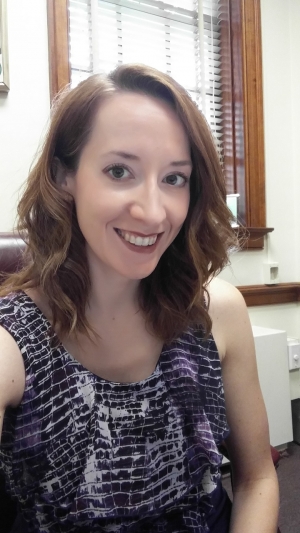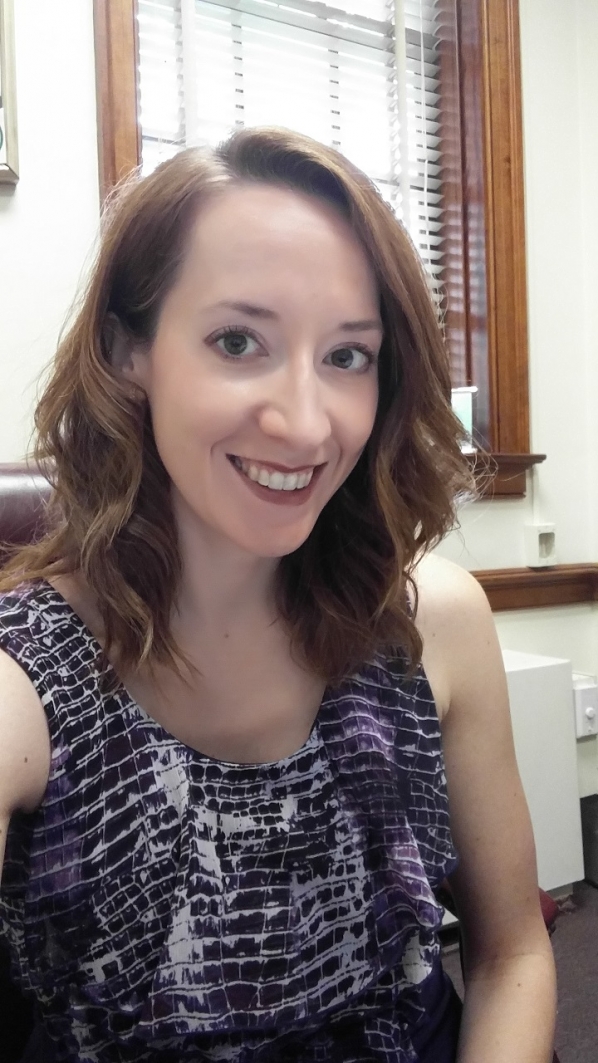Dr. Erin Stewart Mauldin, assistant professor in the Department of History and Politics at University of South Florida, St. Petersburg, will be the fourth lecturer in the annual Appalachian State University Department of History Civil War Speaker Series. She will give a public talk titled “Gone With the Land: The Environmental Consequences of the Civil War and Emancipation" on Tuesday, April 9, at 6 p.m. in Belk Library and Information Commons, Room 114.
Mauldin is an environmental historian of the 19th-century U.S. South whose work explores the intersection of race, economic inequality and environment. She received her Ph.D with distinction from Georgetown University in 2014 and her dissertation, “Unredeemed Land: The U.S. Civil War, Changing Land Use Practices and the Environmental Limitations of Agriculture in the South, 1840-1800,” won the Harold N. Glassman Award for Best Dissertation in the Humanities.
She is the author of “Unredeemed Land: An Environmental History of Civil War and Emancipation in the Cotton South” (Oxford, 2018) and the Co-Editor of the “Companion to Global Environmental History” (Wiley-Blackwell, 2012). Mauldin also serves as the Book Review Editor for Agricultural History and the Co-Editor of the Environmental History and the American South book series at the University of Georgia Press.
This event is part of the Civil War Speaker Series in the Department of History, housed in the College of Arts and Sciences at Appalachian State University. Dr. Judkin Browning, Professor of Civil War and Military History, designed the Series for scholars to give presentations on different aspects of the Civil War, helping the general public and campus community view and understand the conflict through new prisms.
For questions, contact Dr. Judkin Browning, Department of History at browningjj@appstate.edu. For more about the series, visit: https://history.appstate.edu/events/civil-war-speaker-series.
###
About the Department of History
The Department of History offers a broad curriculum in local, national, regional and world history at both the undergraduate and graduate levels, which encourages history majors to develop a comprehensive approach to human problems. The study of history is an essential part of a liberal arts education and offers valuable preparation for many careers, such as law, journalism, public history, public service and business, as well as in teaching and the advanced discipline of history. Learn more at https://history.appstate.edu.
About the College of Arts and Sciences
The College of Arts and Sciences is home to 16 academic departments, one stand-alone academic program, two centers and one residential college. These units span the humanities and the social, mathematical and natural sciences. The College of Arts and Sciences aims to develop a distinctive identity built upon our university's strengths, traditions and unique location. The college’s values lie not only in service to the university and local community, but through inspiring, training, educating and sustaining the development of its students as global citizens. There are approximately 6,100 student majors in the college. As the college is also largely responsible for implementing Appalachian's general education curriculum, it is heavily involved in the education of all students at the university, including those pursuing majors in other colleges. Learn more at https://cas.appstate.edu.

